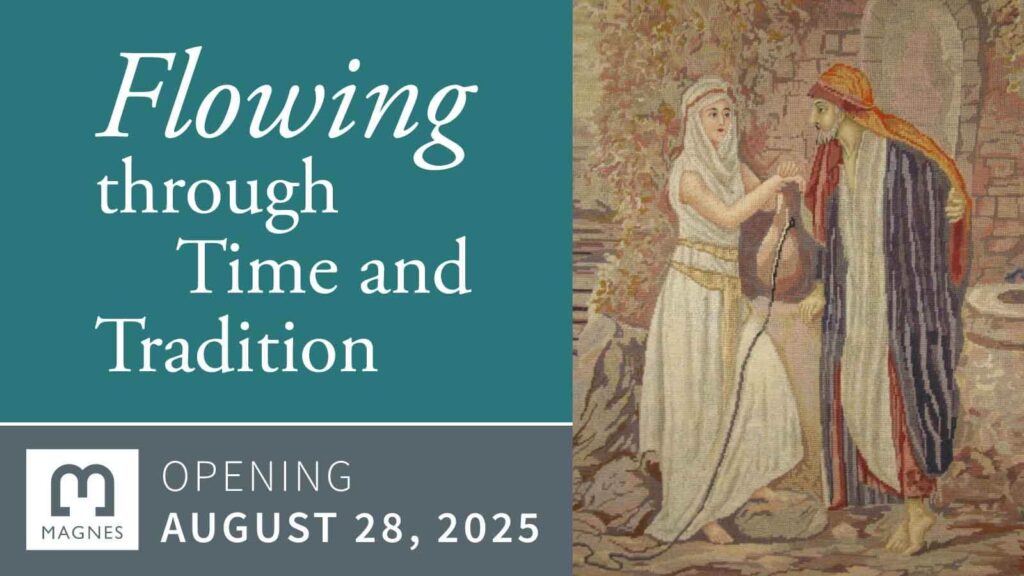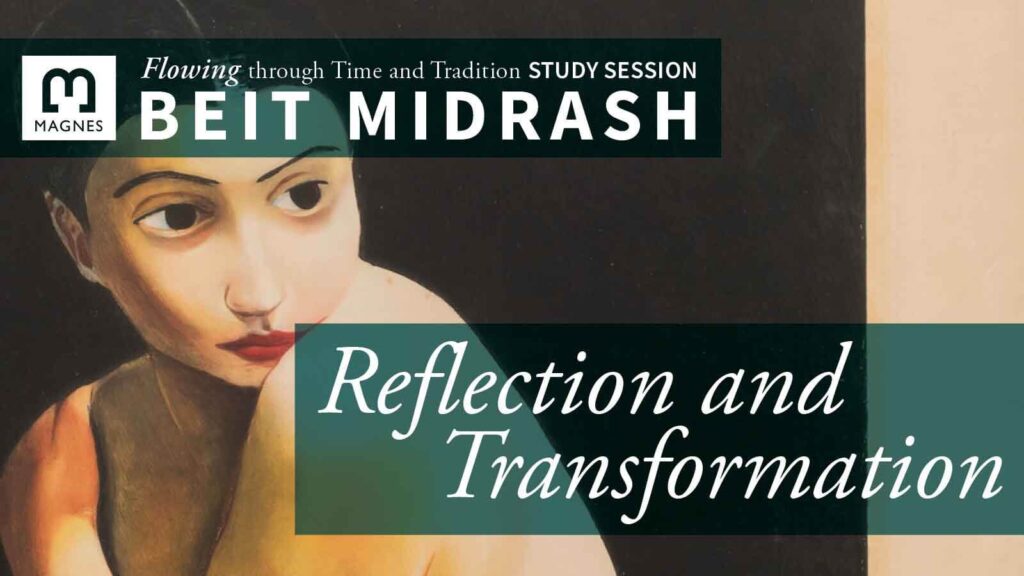

- This program has passed.
Around Arthur Szyk: Berkeley Scholars on Art and History
Oct 23, 2018 @ 5:30 pm
![Untitled [Lions of Judah and Star of David Motif]](https://live-magnes-wp.pantheon.berkeley.edu/wp-content/uploads/2018/07/2017-5-1-21_1-scaled.jpg)
Additional Program Date:
Tue, Nov 27, 2018 5:30pm
The Taube Family Arthur Szyk Collection comprises hundreds of artworks, sketches, illustrated books, and archival documents created between two world wars and documenting the rise of totalitarianism in Europe. Szyk’s work touches on motifs drawn from the Bible, history, politics, and culture to pair extraordinary craftsmanship with searing commentary on a diverse range of subjects including Judaism, the American War of Independence, the Second World War, the Holocaust, and the founding of the State of Israel. The Magnes curatorial staff is currently cataloging this enormous collection, and the materials will soon be made accessible to the public.
In conjunction with the cataloging process, made possible by a generous gift from Taube Philanthropies, The Magnes is inviting Berkeley scholars to share their expertise and take part in the broad project of researching the many connections elicited by this multifaceted collection. In the course of the 2018-2019 academic year, historians, art historians, Media, and Jewish Studies scholars will present insightful research and commentary Around Arthur Szyk.
- Tuesday, October 23, 2018 | 5:30 pm
Deena Aranoff, Center for Jewish Studies, GTU
Household, Halakhah, Haggadah. Family Life and Religious Authority at the Passover Seder
- Tuesday, November 27, 2018 | 5:30 pm
Isabel Richter, German and History, UC Berkeley
People, Community, and Visual Culture. Photography as National Socialist Political Practice
- Tuesday, February 26, 2019 | 5:30 pm
John Connelly, History, UC Berkeley
Poland Reborn: A State Between Democracy and Fascism
Please RSVP here - Tuesday, March 19, 2019 | 5:30 pm
Shir Gal Kochavi, The Magnes, UC Berkeley
Visual Judaica: Jewish Icons and Collecting Patterns in the early 20th century
Please RSVP here
Free and Open to the Public | All lectures are presented at The Magnes, 2121 Allston Way, Berkeley
Watch all lectures in the series on YouTube:

Tuesday, October 23, 2018 | 5:30 pm
Deena Aranoff, Center for Jewish Studies, GTU
Household, Halakhah, Haggadah. Family Life and Religious Authority at the Passover Seder
The Passover Seder is a heavily choreographed evening that is presided over by multiple forms of religious authority. Through a study of the Passover Seder and its textual companion, the Haggadah, this lecture will explore the interplay between household norms and formal Jewish practice. Ultimately, Dr. Aranoff will propose a more precise genealogy of Jewish culture that allows for the interplay between the habits of everyday life and the development of halakhah (rabbinic law).
Deena Aranoff is Faculty Director of the Richard S. Dinner Center for Jewish studies at the Graduate Theological Union in Berkeley. She teaches rabbinic literature, medieval patterns of Jewish thought, as well as the broader question of continuity and change in Jewish history. Deena is also a community educator and teaches Bible, rabbinics, and Jewish mysticism throughout the Bay Area.

Tuesday, November 27, 2018 | 5:30 pm
Isabel Richter, German and History, UC Berkeley
People, Community, and Visual Culture. Photography as National Socialist Political Practice
Within the study of the intersections of visual culture and propaganda during the “Third Reich,” photography occupies an important place. This talk will discuss two photographers who had high print runs in Nazi Germany. Heinrich Hoffmann (1885-1957) was well known as Hitler’s official photographer, and as a member of the Nazi inner circle. Erna Lendvai-Dircksen (1883-1962) documented the “faces of the German People (Volk)” in multiple volumes issued during the Nazi era. The analysis of their work will lead to a broader discussion of what photography represents in documenting Nazi crimes and how anti-Nazi caricatures, such as those created by Arthur Szyk, can be understood in their attempt to contrastNazi visual culture.
Isabel Richter is DAAD Professor at the Department of History and the Department of German at the University of California Berkeley. She received her Ph.D. from the Technical University of Berlin in 2000 and her Habilitation from the University of Bochum in 2009. Her research interests include cultural history and cultural anthropology, the history of National Socialism, and popular cultures and youth cultures in the 20th century. Her most recent research deals with the boom of traveling overland to India in the 1960s and 1970s.
Tuesday, February 26, 2019 | 5:30 pm
John Connelly, History, UC Berkeley
Poland Reborn: A State Between Democracy and Fascism
This talk focuses on the divided Poland that emerged after World War I. On the one hand Poland had to accommodate the demands of generations of freedom fighters, while on the other, it quickly became a dysfunctional democracy that lapsed into authoritarian rule after 1926, opening spaces for xenophobia and discrimination against Jews. Yet this was far from a totalitarian order. The state arrested fascists, and in the late 1930s became a place of modest hopes for reform, where Polish and Jewish parties left of center collaborated, and where the government, with overwhelming support of the population, became the first to say no to Hitler’s expanding rule.
John Connelly is Professor of History at the University of California, Berkeley, and current director of the Institute for East European, Eurasian, and Slavic Studies. He holds degrees from Georgetown University (BSFS), the University of Michigan (MA in Russian and East European Studies), and Harvard University (PhD). Among his publications are Captive University: The Sovietization of East German, Czech and Polish Higher Education (Chapel Hill, 2000), and From Enemy to Brother: The Revolution in Catholic Teaching on the Jews (Harvard, 2012), which was awarded the John Gilmary Shea prize of the American Catholic Historical Association. He is currently working on a history of East Central Europe, 1784 to present, due to appear with Princeton University Press, as well as on a history of Austro-fascism.
Tuesday, March 19, 2019 | 5:30 pm
Shir Gal Kochavi, The Magnes, UC Berkeley
Visual Judaica: Jewish Icons and Collecting Patterns in the early 20th century
The highly decorative works of Arthur Szyk contain key Jewish visual elements such as the Lion of Judah, the dove, and the seven spices mentioned in the bible as typical of the Land of Israel. These themes are repeated in Szyk’s oeuvre throughout his life and can be found in his early pieces (Book of Esther, 1925) as well as in later ones (Pathways Through the Bible, 1946). In this talk, we will explore the context in which Szyk was exposed to Jewish ceremonial objects with similar imagery and we will examine items that existed in European collections in the early twentieth century that inspired Szyk’s celebrated creations.
Shir Gal Kochavi has been working as assistant curator at The Magnes for over a year. Before joining The Magnes, she worked and volunteered as researcher in art institutions in California, Israel and the UK. Shir recently received her PhD from the University of Leeds, UK (2017). She holds a MA in The History of Business of Art and Collecting, from the Institute D’Etudes Superieures des Arts, Paris (2008) and a second MA in Law Studies from the Bar Ilan University, Israel (2012).





